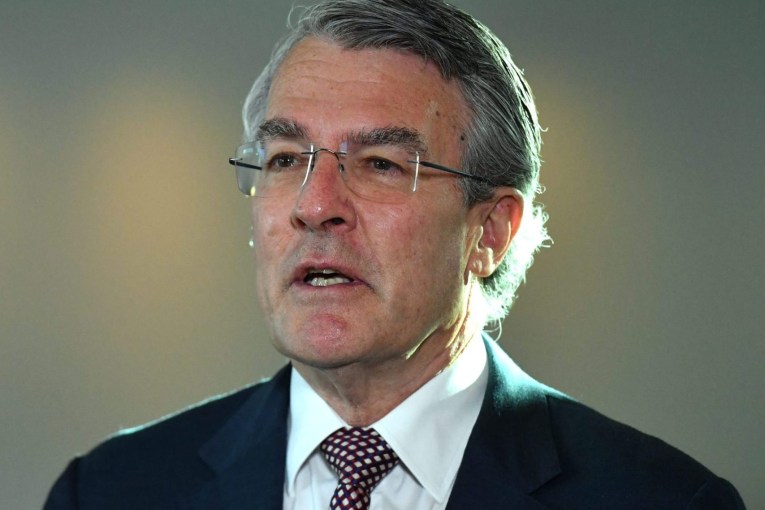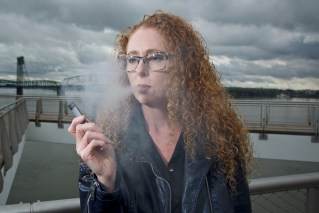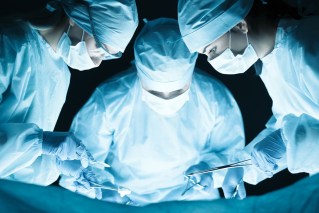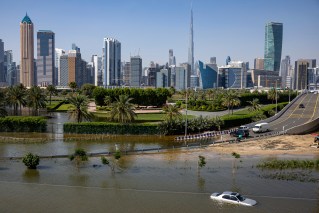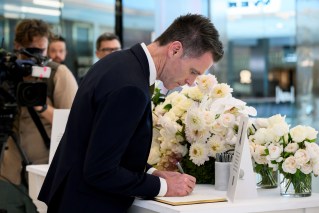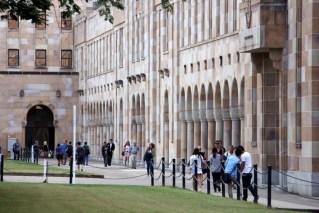Gold Coast nearing Omicron peak, rest of state two weeks away, says health boss
Queensland health authorities suggest the Gold Coast will soon reach a peak of Covid-19 infections while Australia’s medical chief says the virus may have already peaked in NSW after that state notched a record daily high in new cases with the addition of rapid antigen test results.
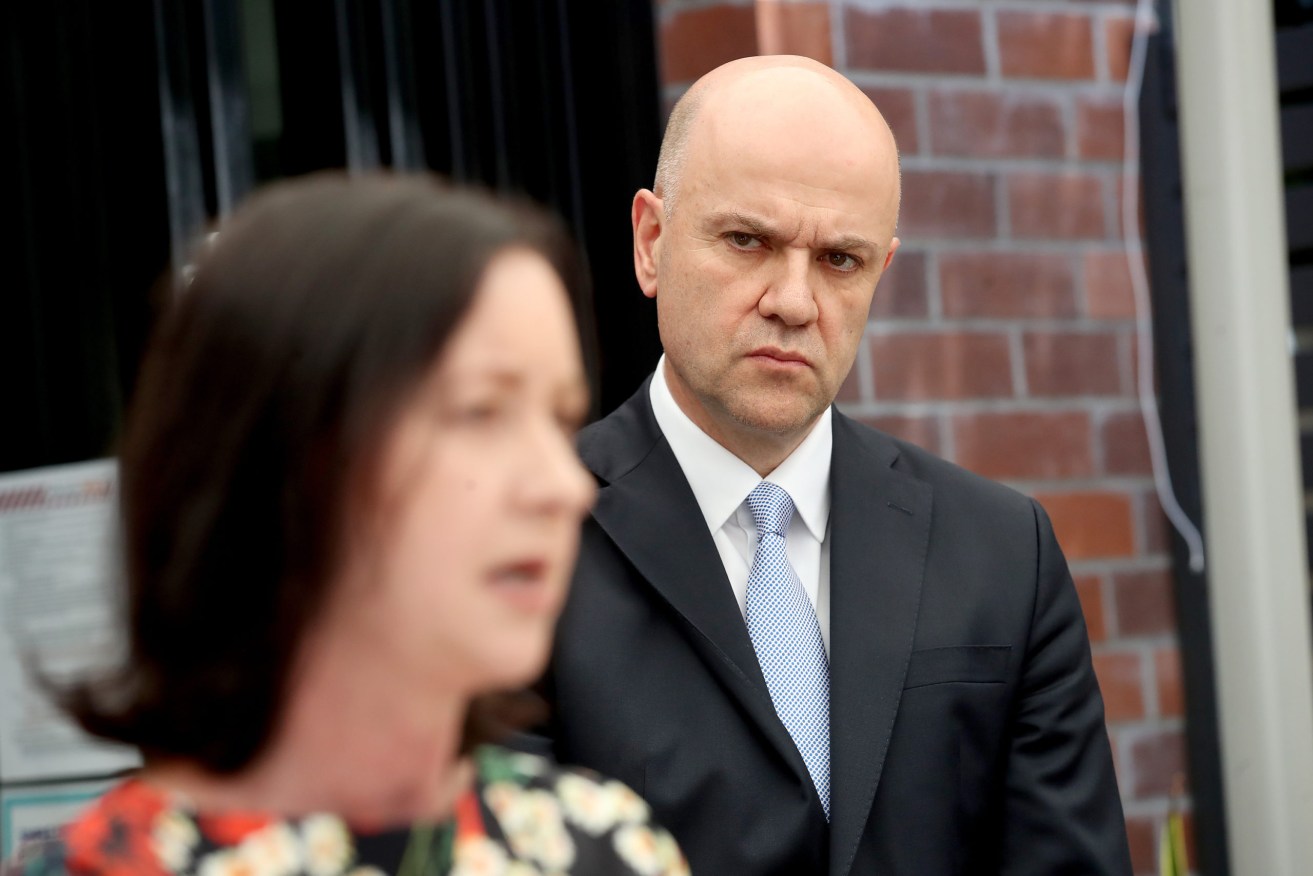
Queensland Chief Health Officer Dr John Gerrard looks on during a press conference by Health Minister Yvette D'Ath in Brisbane. (AAP Image/Jono Searle)
Queensland’s health chief Dr John Gerrard has predicted the Gold Coast will be the first region in the state to reach a peak of infections in the current Covid-19 outbreak but cautioned other regions may be up to two weeks away from seeing cases start to drop.
Dr Gerrard said modelling suggested the Covid growth rate in Queensland was tracking about a fortnight behind that of NSW.
While authorities still don’t have a really accurate picture of the growth of infections across NSW, the Commonwealth’s Chief Medical Officer Professor Paul Kelly has said he he expects daily case numbers will peak in that state soon.
“Our modelling has suggested that Queensland in general is two weeks behind NSW,” Gerrard said.
“Presumably Gold Coast will reach it peak earlier than the parts of Queenland. I think we’re going to get peaks at different times in different regions.”
He said the main indicator of a peak in Covid outbreaks would be when hospitalisation rates started to steady.
Prof Kelly said coronavirus case numbers NSW were close to peaking.
“New South Wales is a bit ahead of the other states and that’s not surprising, they started earlier, but they are close to peaking if not already,” he said.
“The other states are a little bit further behind that but I think end of January, early February is probably where we will see a change.”
Kelly said other places around the world have seen huge surges in cases from the Omicron variant, before reaching their peak and starting to come down in a short period of time.
The state reported 22 deaths and 91,928 new cases on Thursday, including 61,387 positive rapid antigen tests taken since January 1 that were only able to be reported to authorities from Wednesday. NSW reported another 63,018 COVID-19 cases and a record 29 deaths Friday.
Some 25,080 cases came from the rapid antigen tests (RATs), while 37,938 were diagnosed from PCR, laboratory processed tests.
Victoria has recorded 34,836 new COVID-19 cases and 18 deaths, as questions linger about rapid test supply to allow more workers to be freed from isolation. The new infections include 15,440 from rapid antigen tests and 19,396 from PCR tests, the health department confirmed on Friday.
There are a record 976 patients in hospital, up 23 from Thursday, including 112 in intensive care of which 30 require ventilators.
But premier Dominic Perrottet on Friday said the state was doing better than expected.
“We are currently tracking, on both the ICU and hospitalisation rate here in NSW, better than the best case scenario,” he said.
“It is going to be a difficult few weeks ahead, but the tracking that we are releasing today is very reassuring and encouraging.”
NSW Health cautioned some of those cases were the same positive cases reported numerous times from multiple rapid antigen tests and PCR tests.
Prior to the ability to register positive rapid antigen tests with the government, the department had warned it was not getting an accurate picture of the virus’ presence and spread in the community from PCR tests alone.
Customer Service and Digital Minister Victor Dominello said on Thursday the rapid antigen test reporting capabilities added to the ServiceNSW app and website coped well with the demand, as more than 82,000 people reported positive tests in the first 24 hours they were allowed to.
The government has threatened $1000 fines it concedes will be difficult to enforce if people don’t report positive results from a rapid antigen test from January 19, a week after the capabilities first went live.
While PCR queues have receded from the long lines seen at the end of 2021, attention has now turned to an often fruitless search for rapid antigen tests.
A large queue formed near a convenience store in the inner-Sydney suburb of Redfern on Thursday afternoon as word spread it had tests for sale, days after selling out the entirety of an earlier shipment in less than half an hour.
